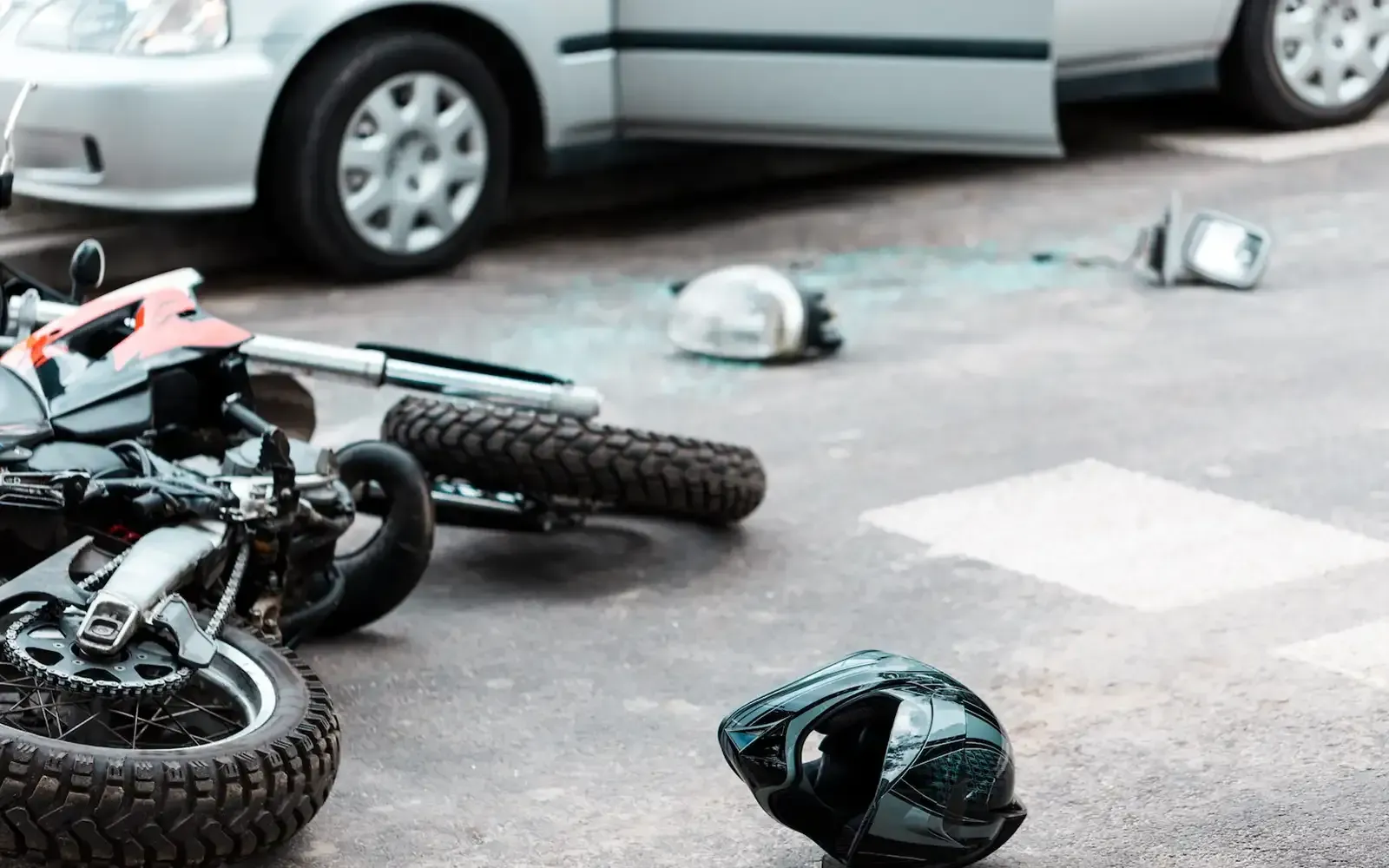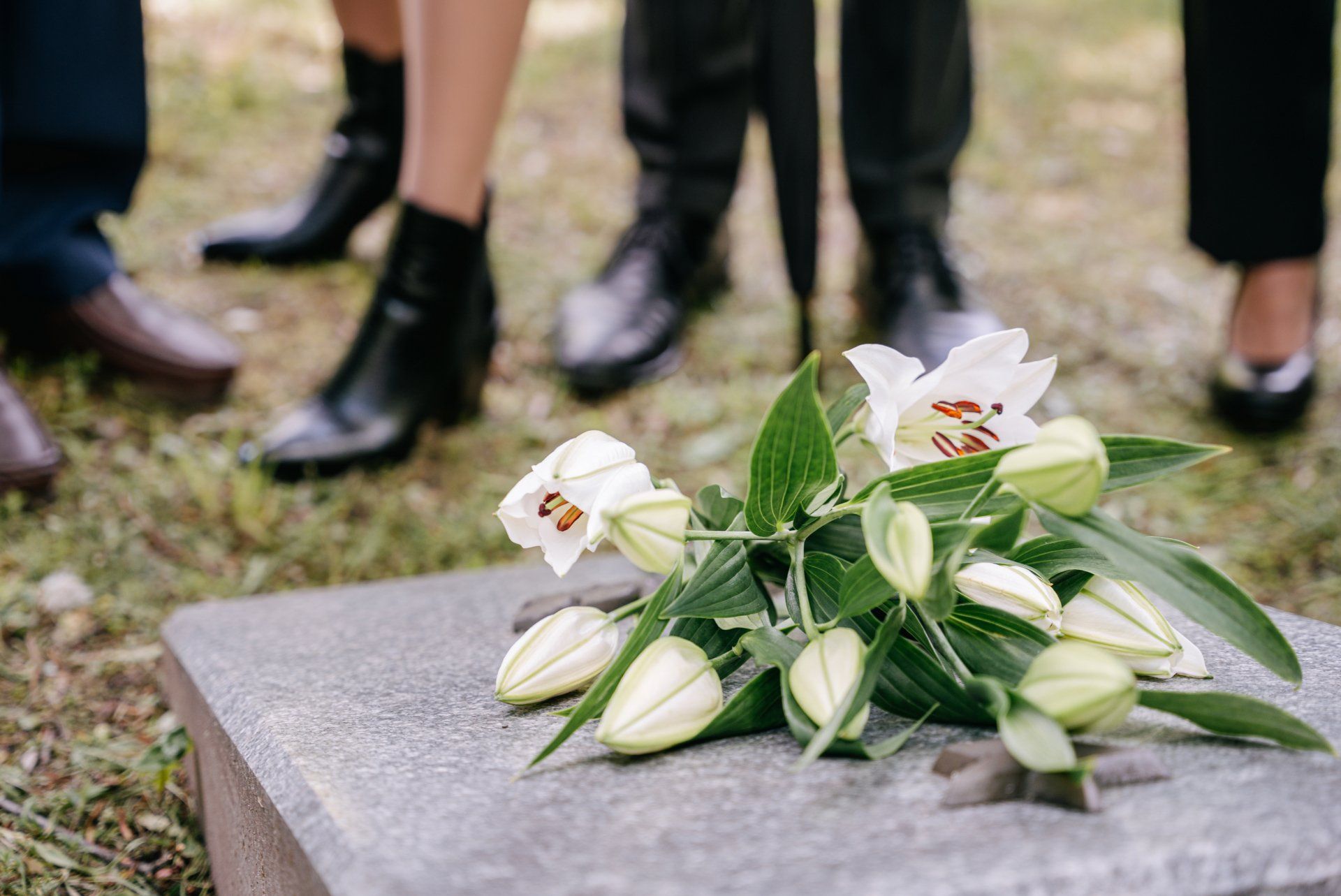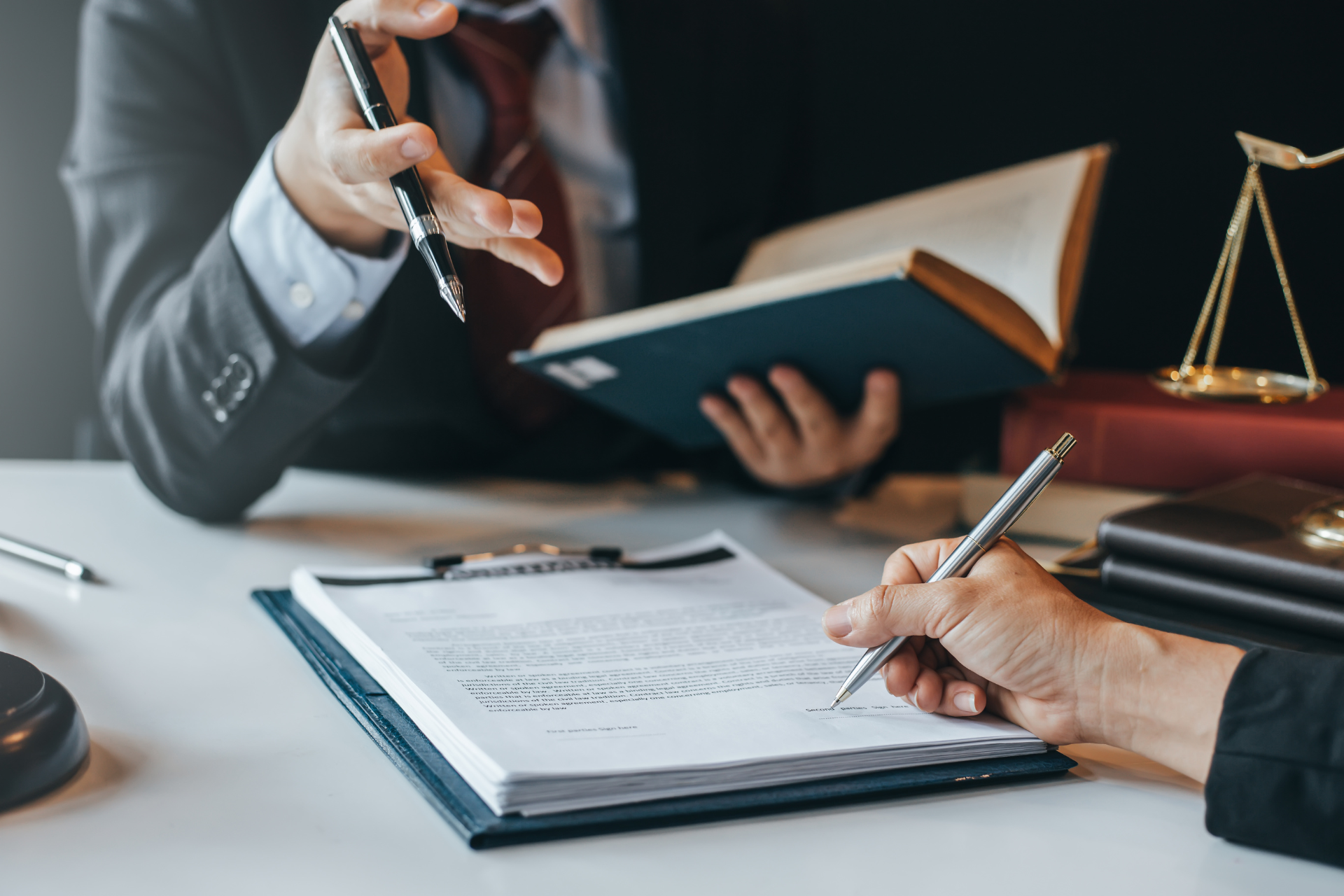How JDB Law, PLLC Can Help You Navigate Insurance Claims After an Accident
Auto insurance companies provide a necessary and important service, but they do not always have your best interests in mind. In the aftermath of an accident, dealing with insurance companies can be overwhelming and stressful. At JDB Law, PLLC, we understand the complexities involved and are here to help you through this challenging time. Here’s how hiring an attorney can ease the burden and ensure you get the compensation you deserve.
The Role of Insurance Companies
While auto insurance is crucial for financial protection in the event of an accident, it's important to remember that insurance companies are businesses. Their primary goal is to minimize payouts to maximize profits. This can sometimes mean that they do not act in your best interest, especially if you are injured due to someone else's negligence. Insurance adjusters may use tactics to devalue your claim or even deny it altogether.
Why Hire an Attorney?
Hiring an attorney if you are injured in an accident due to someone's negligence is like hiring someone to take on the headache of dealing with the insurance companies so you can focus on medical treatment and healing. An experienced attorney from JDB Law, PLLC can:
- Handle Communication: We manage all communications with the insurance company, ensuring that your statements are not taken out of context or used against you.
- Negotiate Fair Settlements: With our expertise, we can negotiate a settlement that truly reflects the extent of your injuries and losses, rather than accepting a lowball offer.
- Gather and Present Evidence: We collect and present all necessary evidence, including medical records and accident reports, to build a strong case on your behalf.
- Litigate if Necessary: If the insurance company refuses to offer a fair settlement, we are prepared to take your case to court to fight for your rights.
Focus on Recovery
Dealing with the aftermath of an accident can be physically and emotionally draining. By entrusting JDB Law, PLLC with your insurance claim, you can focus on what matters most—your recovery. We handle the legal complexities, allowing you to concentrate on your medical treatment and healing without the added stress of negotiating with insurance companies.
Schedule a Consultation
Navigating the intricacies of insurance claims requires expert guidance. If you’ve been injured in an accident, don’t go through it alone. Schedule a consultation with JDB Law, PLLC today, and let us help you get the compensation you deserve while you focus on getting better.








